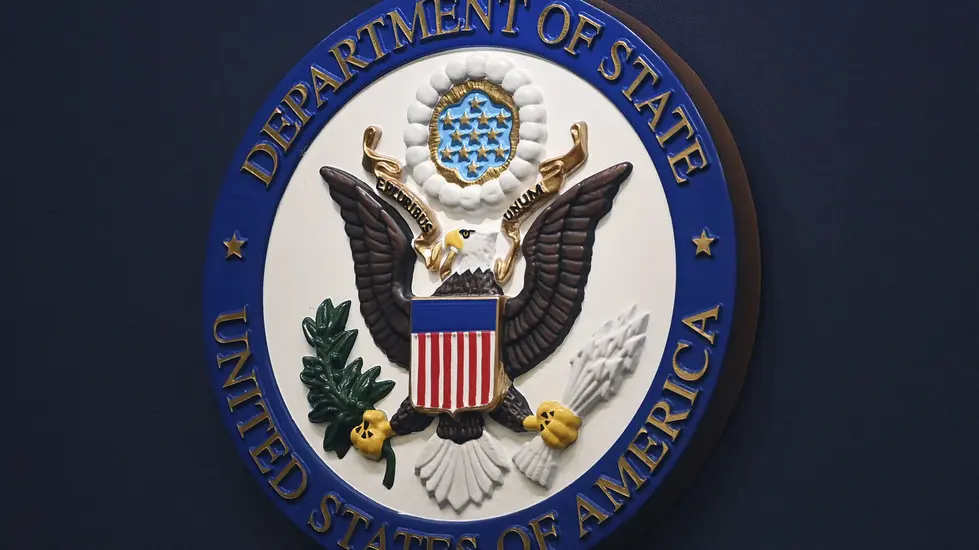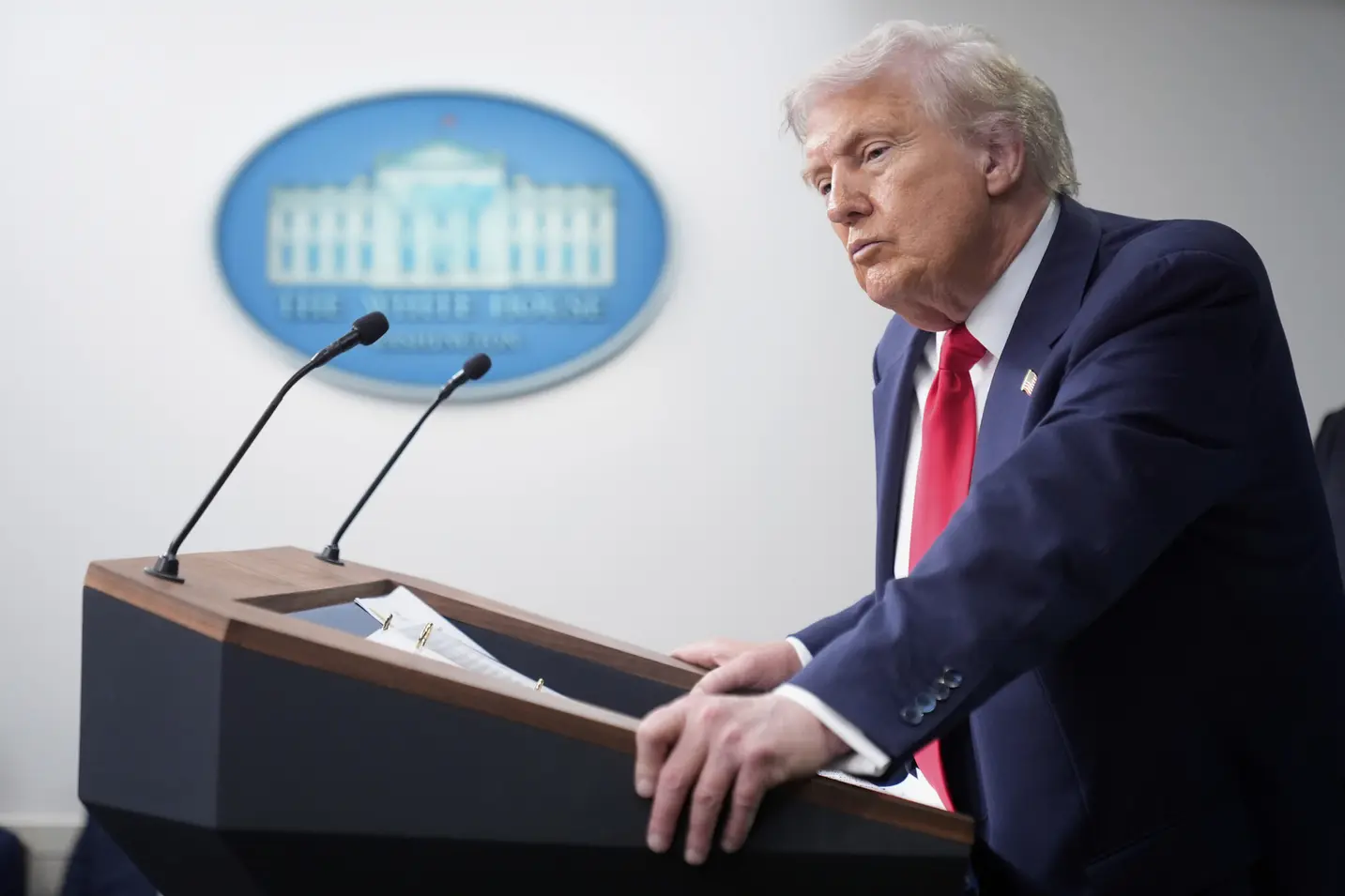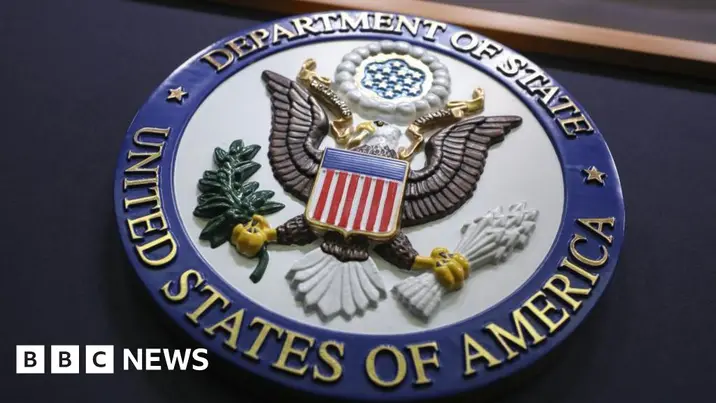T4K3.news
State Department trims annual human rights reports
New reports shorten coverage of abuses and remove several categories, drawing criticism from rights groups and lawmakers.

The reports shrink coverage and remove several categories, drawing criticism from rights groups and lawmakers.
State Department trims annual human rights reports
The State Department released its annual international human rights reports in a streamlined form that shortens coverage of abuses. Several categories such as gender based violence, freedom of expression categories, and documentation of government corruption are reduced or removed. NPR analysis shows this year is about one third the length of last year, with reports on El Salvador and Moldova shortened by more than 75 percent.
Critics say the edits reflect political priorities and could weaken the tool for policymakers, asylum cases, and journalists who rely on these documents for context and leverage in court. The release was delayed as thousands of violations were deleted from drafts, and a political appointee was given oversight for a subset of countries. Supporters say the changes bring the reports into alignment with statutory requirements and improve readability, but observers worry the changes undermine accountability and the rule of law.
Key Takeaways
"This is an irresponsible use of tax dollars"
Senator Chris Van Hollen criticizing the revisions
"One case does not tell the whole story"
Yaqui Wang on the limited illustration of abuses
"Rights reporting should be full and fearless"
Amnesty International USA reaction on the scope of reporting
"If you strip it down to one case it makes it easier for governments to say this is just one case"
Amanda Klasing on the impact of the single incident rule
The trimmed reports reveal a clash between transparency and political control in foreign policy. By narrowing categories and citing only one illustrative incident per violation, the administration risks turning a map of repression into a sketch. That compromise may please some policymakers in the short term, but it risks eroding the credibility of the United States as a defender of human rights on the world stage. The questions go beyond accuracy; they touch on how the United States uses evidence to shape aid, sanctions, and diplomacy. If the law requires a full accounting, these edits test the line between statutory compliance and political convenience.
Highlights
- Rights reporting should be full and fearless
- One case does not tell the whole story
- Truth should not be trimmed to fit a narrative
- This is an irresponsible use of tax dollars
Risk of political manipulation in rights reporting
The edits remove large categories and reduce the number of examples, potentially undermining accountability and compliance with statutory requirements. Critics warn the changes could tilt reporting in favor of policy priorities rather than objective facts.
The coming months will show whether these changes alter the impact of rights reporting on policy and public scrutiny.
Enjoyed this? Let your friends know!
Related News

Human rights reports under political pressure

Rights report rewritten

Trump overhaul trims Israel critique in human rights report

Nine-page Israel report triggers criticism

Short US Israel Human Rights Report Draws Criticism

Rights report flags UK concerns

UK rights under pressure after US report

Police will share suspects ethnicity and nationality
